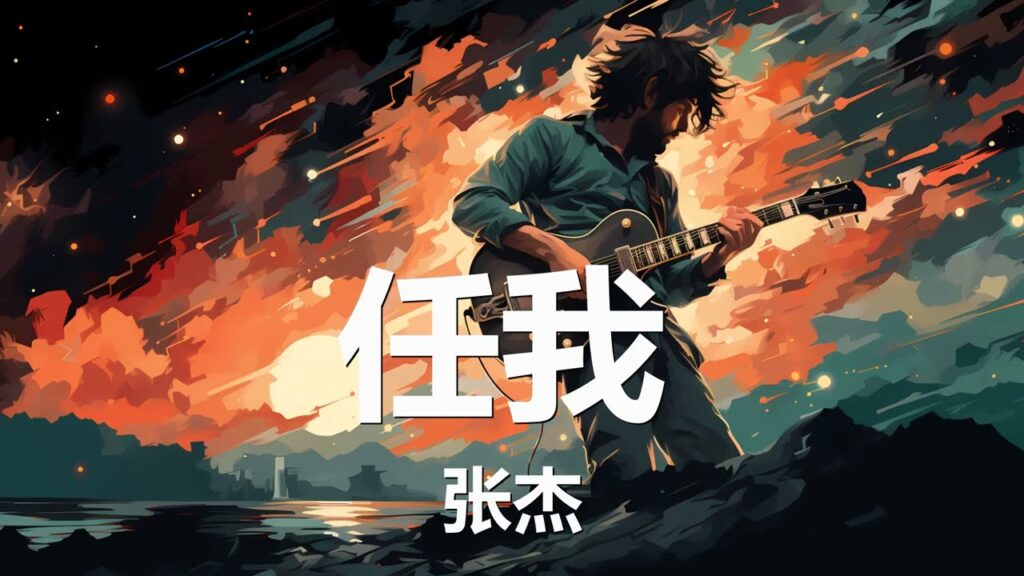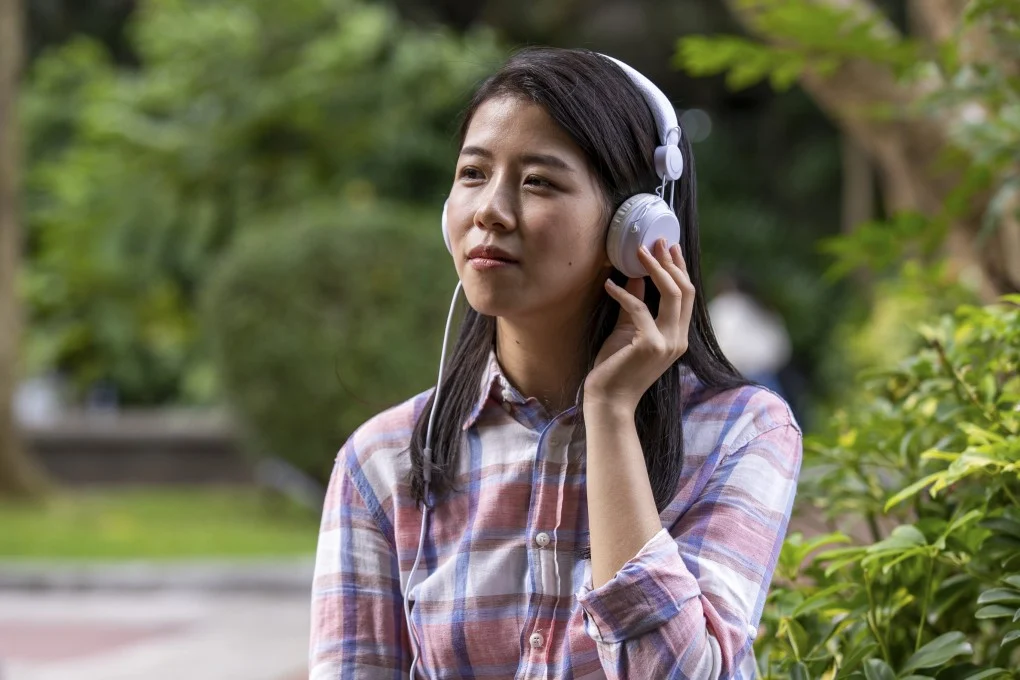China’s music industry has long entered the digital age, but until last year, there wasn’t a dedicated industry event focusing specifically on digital music. This conference serves as a crucial platform for summarizing and reflecting on the developments and achievements of China’s digital music sector, presenting the annual narrative through straightforward data and awards.
This year marked the second edition of the China Digital Music Industry Conference, which introduced the inaugural Digital Music Annual Awards. From January 1, 2023, to June 30, 2024, the awards will highlight outstanding works across eight categories, including Digital Single of the Year, Digital Album of the Year, Film and TV Song of the Year, and more. This approach provides a more intuitive snapshot of the state of the digital music industry in China.
Quality Over Quantity: A New Approach

Examining the award categories, I noticed a refreshing shift from the more traditional, heavyweight music awards. Instead of striving for an exhaustive list, these awards focus on quality, selecting exemplary works from various dimensions. The emphasis is not on technical prowess or academia but rather on the achievements of the digital music industry across different fields, showcasing its vitality and relevance.
While the Digital Music Annual Awards certainly spotlight digital music, it’s interesting to see that the nominees are primarily works that preserve the craftsmanship of traditional music production while embracing digital dissemination. These selected pieces are not only broadly appealing but also maintain a high quality, contributing to the richness of China’s contemporary music scene. In an era dominated by traffic-driven metrics, the awards represent a commitment to upholding the quality of music in the industry.
Honoring Tradition and Social Impact

Among the intriguing categories are the “Game Song of the Year” and “Public Welfare Song of the Year.” The inclusion of a category for game songs aligns perfectly with the digital music industry’s essence. Traditionally, these songs wouldn’t have garnered separate recognition in the physical album era. However, the evolution of music within the gaming sphere—where melodies enhance gameplay—has fostered a new musical genre and industry, marking this award category as a significant development.
Conversely, the Public Welfare Song of the Year category highlights the societal significance of music. Winners like Zhang Jie’s “Ren Wo” and Tan Weiwei’s “Yuan Ni Zai Jian Wo Shi” effectively use their music to amplify various social causes, including sports, education, and environmental awareness. These songs demonstrate that music can transcend mere entertainment, offering a powerful vehicle for social change and community engagement.
In the major categories like Digital Single of the Year and Digital Album of the Year, the awards also prioritize quality over mere popularity. Winning singles such as Huang Qishan and Haiyang Bo’s “Xiang Yunduan” are not just widely circulated; they also carry a positive message. Similarly, Dao Lang’s “Hua Yao” and “Shan Ge Liao Zai” illustrate the breadth of talent present in today’s music landscape.
Preserving Craftsmanship in a Digital Age

Despite the dominance of digital music in our lives, there has been a notable lack of professional, comprehensive evaluations of the digital music industry in China. The inaugural Digital Music Annual Awards not only sets a high standard but also offers a well-rounded examination of the industry. By eliminating low-quality entries, the conference and awards aim to enhance the overall quality of the digital music landscape.
In summary, as we celebrate the achievements of China’s digital music industry, it’s essential to recognize how traditional craftsmanship and cultural heritage continue to influence modern music. The conference not only honors these connections but also paves the way for a more vibrant and high-quality music future in China.


